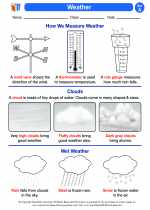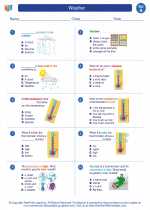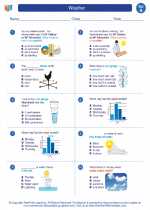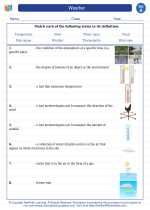Blood
Blood is a vital fluid that circulates throughout the body, delivering essential nutrients and oxygen to the cells, and removing waste products. It is made up of several components, including red blood cells, white blood cells, platelets, and plasma.
Red Blood Cells
Red blood cells, or erythrocytes, are responsible for carrying oxygen from the lungs to the rest of the body. They contain hemoglobin, a protein that binds to oxygen and carries it to the tissues.
White Blood Cells
White blood cells, or leukocytes, are a key part of the body's immune system. They help to fight off infections and foreign invaders, such as bacteria and viruses.
Platelets
Platelets are small cell fragments that play a crucial role in blood clotting. When a blood vessel is injured, platelets help to form a clot to stop the bleeding.
Plasma
Plasma is the liquid component of blood, making up about 55% of its total volume. It contains water, electrolytes, hormones, and proteins, and serves as a medium for transporting blood cells and nutrients throughout the body.
Functions of Blood
Blood has several important functions in the body, including:
- Transporting oxygen and nutrients to the cells
- Removing waste products, such as carbon dioxide and urea
- Regulating body temperature
- Protecting against infections and foreign substances
- Assisting in clotting to prevent excessive bleeding
Study Guide
To study the topic of blood, it's important to understand the components of blood and their functions. Here are some key concepts to focus on:
- Identify the different types of blood cells and their roles in the body.
- Explain the function of plasma and its importance in transporting substances throughout the body.
- Describe the process of blood clotting and the role of platelets in this process.
- Discuss the importance of blood in maintaining homeostasis and protecting the body from infections.
- Understand the concept of blood types and the significance of blood compatibility in transfusions.
By mastering these concepts, you will have a solid understanding of the role of blood in the body and its importance for overall health.
.◂Science Worksheets and Study Guides First Grade. Weather

 Activity Lesson
Activity Lesson
 Worksheet/Answer key
Worksheet/Answer key
 Worksheet/Answer key
Worksheet/Answer key
 Worksheet/Answer key
Worksheet/Answer key
 Worksheet/Answer key
Worksheet/Answer key
 Vocabulary/Answer key
Vocabulary/Answer key
 Vocabulary/Answer key
Vocabulary/Answer key
